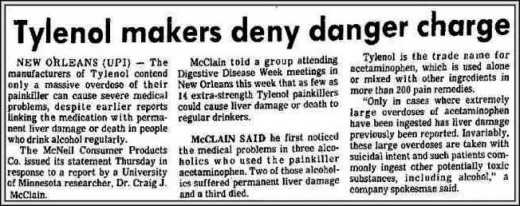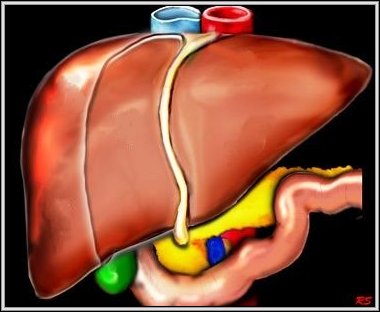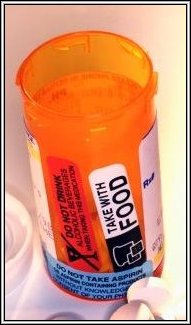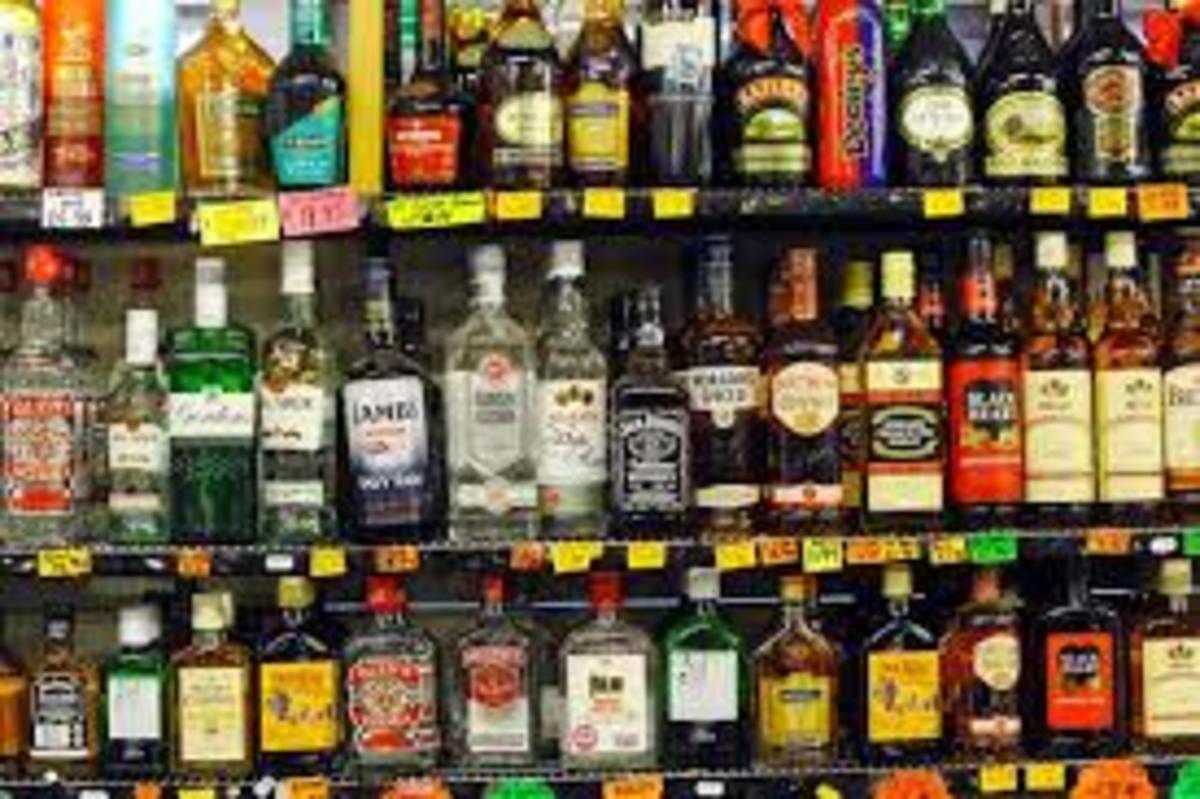Drugs and Liver Toxicity



Until relatively recent times, little was really known about drugs and their effects on the human body. That began to change in the 1970s, following the drug revolution of the preceding two decades. Up to that point, at least for those addicted to drugs, taking them was an unpredictable pastime. They temporarily tilt the body’s biochemical balance and for the most part, little was known how that process worked.
Earlier research proposed the brain manufactures its own chemicals to relieve pain stress and other biological reactions, but not much had been known about how that worked either. Later research discovered a system of specialized receptors in the brain, central nervous system, and other body systems that interact with these chemicals as well as drugs. That discovery was tantamount to discovering the world wasn’t flat.
How the body processes drugs is complicated. But basically, scientists have broken it down to four basic steps:
· Administration: How drugs enter the body
· Distribution: How drugs move to the brain and other sites
· Action: Ways drugs produce their effects
· Removal:How the body eliminates them


Ironically, People have spent as much time devising ways to get them into their system as understanding what they do once they get there. And that’s important because a drug's effects are determined largely by the way it's administered. The faster it gets into the bloodstream, the more intense its effects.
There are four ways drugs can be administered: orally, injection, inhalation or direct absorption through body tissues.
- Orally: The slowest way of producing effects since they have to pass through numerous body systems before reaching the brain. Food and digestive enzymes also weaken them.
- Injection: The fastest way of getting a drug to the brain.
- Inhalation: Smoked or inhaled, drugs are asorbed by the lungs and passed into the bloodstream.
- Direct Absorption: An example would be smokeless tobacco, in which nicotine is absorbed through cells lining the cheek and gums.
Eventually they migrate to the liver that breaks it all down, bringing us to an important point. Many illegal and prescription drugs can harm this vital organ. The liver is the body’s main filtering mechanism. It plays a major role in the metabolism of medications. Certain drugs can cause liver toxicity leading to liver damage if not treated early.

Statistics show some prescription drugs are responsible for up to 40 percent of liver failure cases, making hepatotoxicity the leading cause of drug recalls in the US. Hepatocellular toxicity elevates levels of aminotransferase (enzymes ALT and/or AST) in the liver. In cholestatic toxicity, levels of serum alkalinephosphatase are too high, while patients with mixed hepatotoxicity may exhibit characteristics of both cholestatic and hepatocellular damage.
Liver damage can cause a host of problems including:
· Pain in the upper right abdomen
· Jaundice
· Pruritis
· Dark urine
· Appetite loss
· Fatigue
· Pale colored stool
The liver is responsible for about 500 bodily functions. It regulates processing of fats, sugars and cholesterol and what is breathed, ingested or absorbed through the skin. The liver also manufactures hormones,proteins and enzymes as well as control blood-clotting and other immune factors. The liver detoxifies the body by filtering poisons such as drugs, alcohol, heavy metals and infectious organisms. When the liver sustains damage it can also affect many other body systems.
Heavy damage to the liver can make it impossible for the liver to carry out its normal functions. When that happens, it can result in decompensated cirrhosis, or scar tissue blocking the blood flow. This may lead to a weakening of blood vessels in the stomach, esophagus and internal bleeding. Ammonia buildup can cause impaired brain function and possibly a coma. In extreme cases the liver can fail.
Many may be surprised to learn common over the counter drugs can be harmful to the liver. Two examples are acetaminophen and ibuprofen. Ibuprofen has a lower risk of causing liver damage than acetaminophen when taken in higher than recommended doses.
In any event, a healthy, balanced diet, free of artificial additives and pesticides, can maintain good liver health. Avoiding alcoholic beverages, recreational drugs and caffeine is good advice for anyone with liver damage as is limiting high doses of vitamins A, and D, iron and niacin. Advanced cirrhosis patients may have to limit their protein intake.
There are many prescription drugs that can be potentially damaging. A good general list of these can be found at: http://www.hepcnet.net/drugsandliverdamage.html








